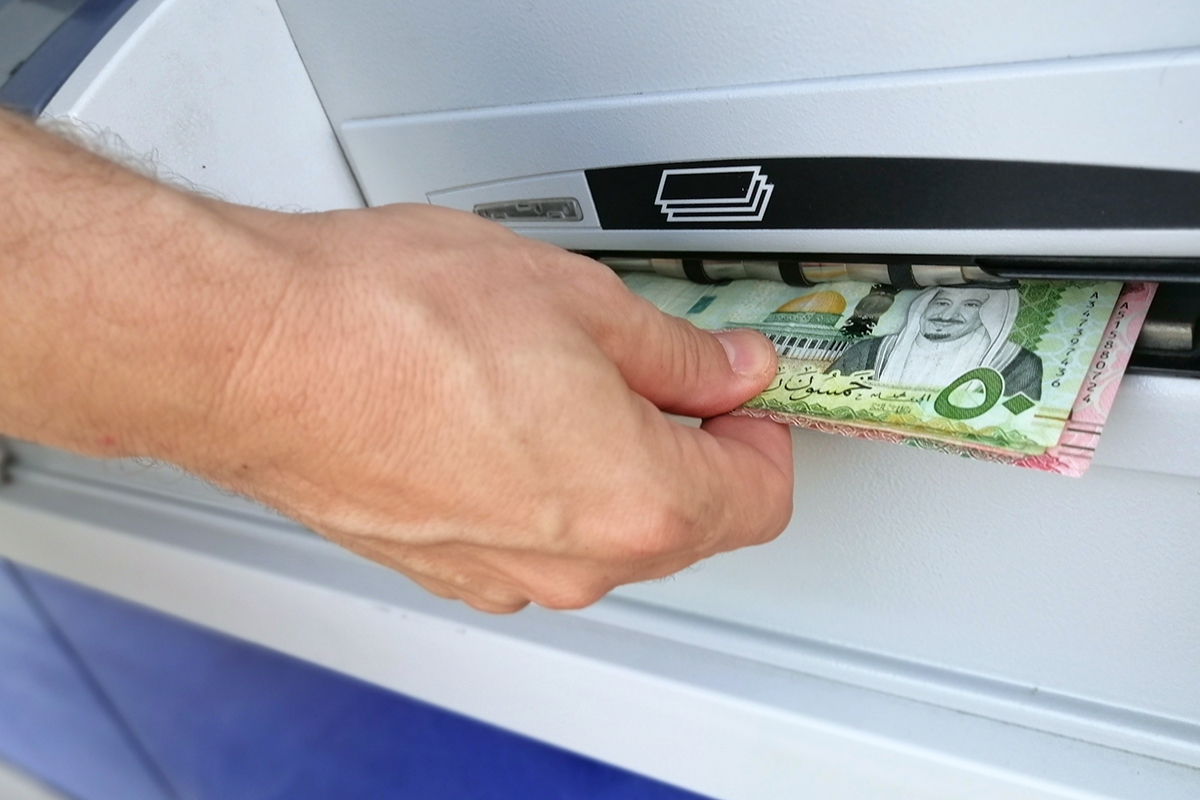Global ratings agency S&P believes that increasing external debt by banks in Saudi Arabia to maintain rapid lending growth and to cater to the financing demands of Vision 2030 does not translate into any “significant vulnerabilities”.
Saudi banks have significantly increased their external funding over the past three years, but the overall contribution of net foreign debt to Saudi banks’ funding remains limited.
Saudi banks’ manageable debt
The reports said banks extended SAR371.8 billion (US$99.1 billion) of new loans in 2024, while their deposits grew by only SAR218.9 billion (US$58.37 billion), leaving SAR152.9 billion (US$40.7 billion) to be refinanced. S&P expects this trend to continue over the next three to five years.
“External debt will help Saudi banks to continue growing and cater for Vision 2030. Saudi banks have grown rapidly over the past few years, propelled by demand for mortgages (at least until 2022), with the growth supported by abundant local funding. More recently, banks have increasingly tapped international capital markets for funding as local sources proved insufficient to meet the country’s ambitious requirements, as set out in the state’s Saudi Vision 2030 development program, and the expected growth in corporate financing requirements,” the report said.
“By the end of 2024, banks had shifted from their earlier net external-asset position to a small net external-debt position of SAR34 billion (US$9 billion). We expect foreign liabilities to almost double in the next three years.
“While the absolute number may appear significant, we expect Saudi banks’ net external debt position to remain at a manageable level of about 4.1 per cent of total lending by the end of 2028.”
Saudi banks’ external debt remains skewed toward interbank deposits and repurchase agreement lines. The increase in interbank liabilities was the main contributor to the growth of Saudi banks’ external debt, accounting for 55 per cent of the overall increase in the external gross debt in 2024.
It also works in Saudi banks’ favour that a majority of their external debt is from within the Gulf Cooperation Council (GCC) region. While external debt potentially exposes banks to sudden and significant outflows governed by foreign investors’ appetites, many banks in the GCC banking systems are awash with liquidity, and therefore likely to be stickier. Also, some of the dues to foreign banks are repurchase agreement transactions.
S&P also said Saudi authorities are highly supportive of the banking system and “they expect extraordinary support will be forthcoming should the need arise”. GCC governments, in general, and Saudi Arabia, in particular, have a strong track record of providing such support when needed.




